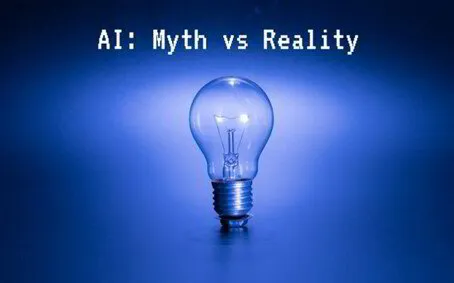In an era where information overload is a real challenge, personalized search engines powered by artificial intelligence (AI) and large language models (LLMs) are revolutionizing the way we access and process information. These advanced technologies offer a multitude of benefits that go beyond traditional search engines, making them an invaluable tool in today’s digital age.
Tailored Results for Enhanced Relevance
One of the most significant advantages of a personalized search engine is its ability to deliver tailored results. By leveraging AI and LLMs, these search engines can understand the unique preferences, interests, and behavior of each user. This means that when you search for information, the results are not just generic but highly relevant to your specific needs. For example, if you’re an avid traveler, a personalized search engine will prioritize travel-related content that matches your interests, saving you time and enhancing your search experience.
Improved Accuracy and Contextual Understanding
AI and LLMs excel at understanding context and nuances in language. This capability allows personalized search engines to provide more accurate and contextually appropriate results. They can decipher complex queries and understand the intent behind them, even if the language used is ambiguous or contains multiple layers of meaning. As a result, users receive answers that are not only precise but also align with the context of their inquiry.
Efficient Information Retrieval
In a world where time is of the essence, personalized search engines offer a significant advantage in terms of efficiency. By analyzing your previous search history and interactions, these engines can predict what you’re looking for and present the most relevant results almost instantly. This predictive capability eliminates the need for multiple searches and reduces the time spent “Sifting” through irrelevant information, making your search experience smoother and more productive.
Enhanced User Experience
The integration of AI and LLMs in personalized search engines contributes to a more seamless and enjoyable user experience. These technologies enable features such as natural language processing, voice recognition, and interactive interfaces, allowing users to interact with the search engine in a more intuitive and conversational manner. This human-like interaction makes the process of finding information more engaging and user-friendly.
Continuous Learning and Adaptation
One of the most remarkable aspects of AI-powered personalized search engines is their ability to learn and adapt over time. By continuously analyzing user behavior and feedback, these engines can refine their algorithms and improve the quality of their results. This dynamic learning process ensures that the search engine evolves with the user’s changing needs and preferences, providing an ever-improving search experience.
Privacy and Security Considerations
While the benefits of personalized search engines are numerous, it’s essential to address privacy and security concerns. Reputable personalized search engines prioritize user privacy by implementing robust security measures and adhering to strict data protection regulations. Users can enjoy the advantages of personalized search without compromising their personal information.
Conclusion
In conclusion, personalized search engines powered by AI and LLMs represent a significant leap forward in the realm of information retrieval. Their ability to deliver tailored, accurate, and contextually relevant results enhances the overall search experience, making it more efficient and enjoyable. As these technologies continue to evolve, we can expect even greater advancements in the way we access and interact with information, ultimately transforming the digital landscape for the better.



